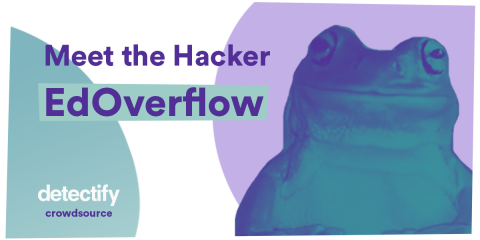3 enemies - the $96B in cyber crime that nobody wants to talk about
They say that bad things always come in threes. The adage may testify to little but the popularity of superstition, but for security executives today, this notion regrettably passes muster. Crime, complexity and cost are three foes that every CISO must face, and while most companies think crime is the enemy, in many cases it is the latter two heads of this “cyber-cerberus” that deliver the most certain bite.











